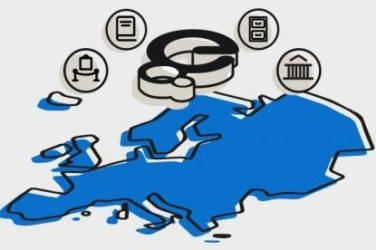The Commission has published the first full review of the roaming market, showing that travellers across the EU have benefitted a lot from the end of roaming charges in June 2017. The use of mobile data while travelling in the EU has increased tenfold compared to the year before roam-like-at-home, with a peak of 12 times higher use of mobile data abroad during the holiday period.
Commissioner for Digital Economy and Society Mariya Gabriel said: “The review showcases once again how successful the abolition of roaming charges has been. Europeans are largely benefitting from the opportunity to use their mobile devices freely while travelling. At the same time, we can also clearly see that the EU roaming market continues to function well. Contrary to the fears of higher domestic prices due to the end of roaming charges, domestic prices for mobile services have actually overall decreased across the EU.”
The use of roaming data within the EU and European Economic Area (EEA) peaked in the holiday period of summer 2018 (third quarter) with 12 times higher use of mobile data abroad compared to before all retail roaming costs were scrapped. Over the same period, the volume of phone calls made while roaming was almost three times higher.
At wholesale level, the sharp reduction in price caps has contributed to a further reduction in wholesale roaming prices, which in turn makes end of roaming charges sustainable for almost all roaming providers.
The report concludes that the competition dynamics in the roaming market are not likely to change in the near future, which means that the current retail and wholesale regulation is still necessary. The current rules for roaming should continue to apply in the coming years to ensure that citizens can benefit from roaming at no additional cost within the EU.
Background
Since 15 June 2017, Europeans have been able to use their mobile phones for calls, SMS and data when travelling in the EU just as they do at home with no extra cost. This so-called roam-like-at-home approach is a tangible benefit of the creation of a Digital Single Market for businesses and consumers in Europe, and is one of the major achievements of the Juncker Commission.
The Commission’s first full review report follows up and confirms the findings of the interim report published in December 2018: the demand for mobile consumption while travelling in the EU/EEA has rapidly increased since the scrapping of roaming charges. It also confirms the review of the fair-use policy and derogation mechanism published earlier this year. These are essential safeguards introduced in the Roaming Regulation to prevent distortions in the domestic markets, which, according to the review, have so far worked adequately where needed.
The Roaming Regulation is currently in force until June 2022.










